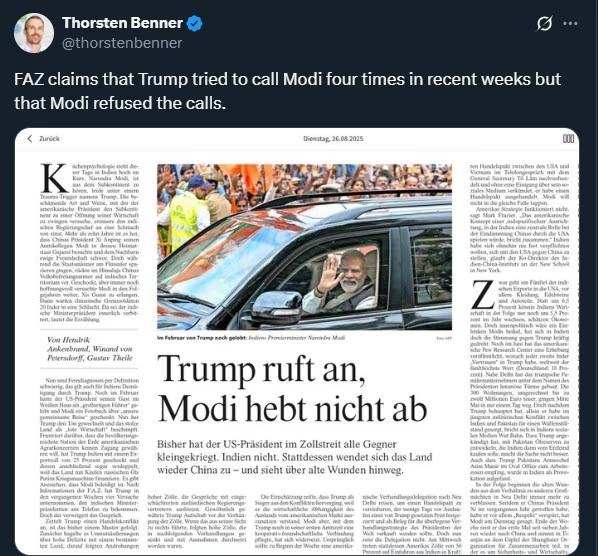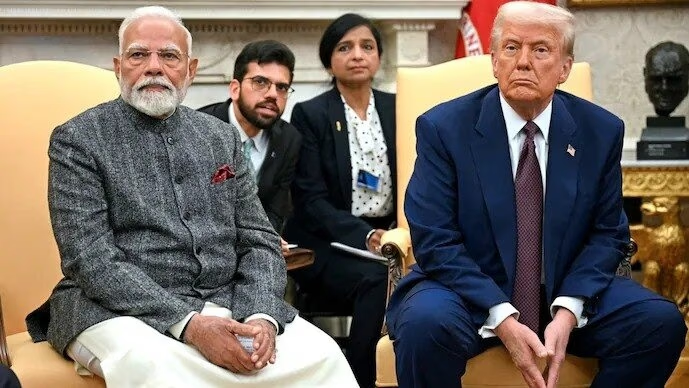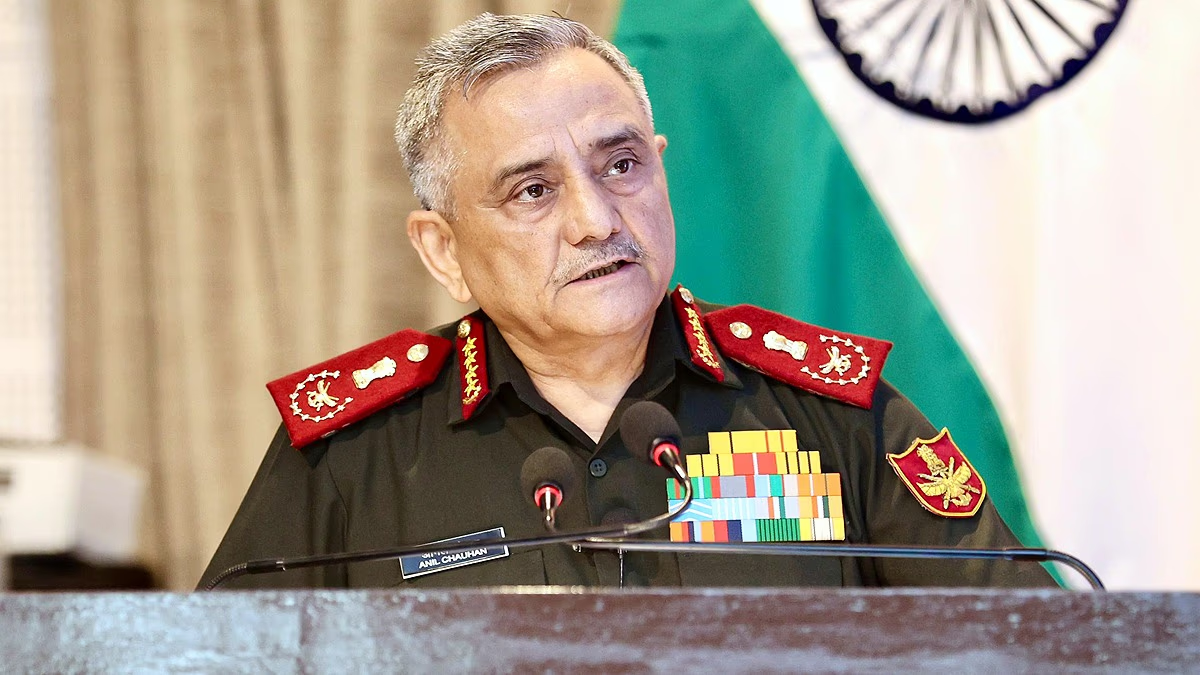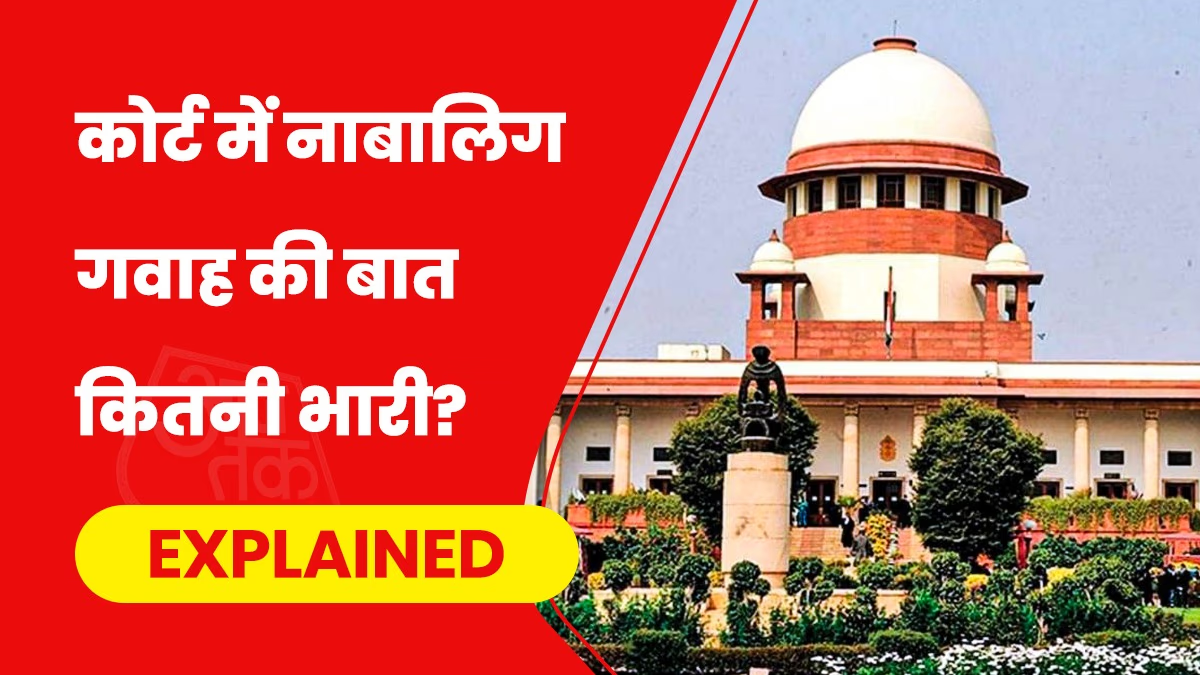The dynamics between India and the United States have recently shown some tension. As highlighted in a German newspaper, Frankfurter Allgemeine Zeitung, a significant claim concerning PM Modi and President Trump has surfaced. Allegedly, President Trump tried calling Prime Minister Modi at least four times in the past weeks, but each time, Modi declined the calls. Nevertheless, reliable government sources have dismissed these claims.
The report illustrates the episode as reflective of Prime Minister Modi's anger and caution. The attempts by President Trump to communicate happened amidst his administration imposing a 50% tariff on India, comparable only to that on Brazil.
India-U.S. relations, carefully nurtured for 25 years, soured when President Trump criticized India's trade surplus. Additionally, punitive measures were placed on India for purchasing crude oil from Russia.
Thorsten Benner, co-founder and director of the Global Public Policy Institute, shared on X (formerly Twitter) the newspaper's claim about Trump's attempts to contact Modi, reflecting the hurdles in their communication.

Source: aajtak
Trump's Controversial Remarks on India
Donald Trump termed India's economy 'dead' in a recent outburst, showing disregard for India's alliance with Russia by commenting on July 31 that it could sink with its so-called dead economy.
PM Modi, on August 10, took a subtle offensive, asserting that India was on its way to the top three global economies. According to the German paper, this indicates Modi was affected by Trump's words.
While Trump's approach typically plays into exploiting dependencies, in his first term, Modi managed to oppose such exploitation, continually safeguarding India's economic interests despite collaborating with Trump.
The Surprising Reason for the Unanswered Calls
The narrative from FAZ unfolds an unexpected facet—Trump's persistent attempts to persuade Modi back to dialogue. The fact that Modi refuses to engage reflects not just his annoyance but also his prudence.
Delving into this prudence, the article explains, citing a precedent where Trump swiftly concluded a trade deal with Vietnamese leader General Secretary Trong with just a phone call, bypassing involved delegations.
Without substantial agreements, Trump publicly declared a trade deal, a snare which Modi intends to avoid.
Collapsing American Strategy?
According to Mark Frazier at the New School in New York, there never was an intention for India to align against China, siding with America.
Frazier noted, "The U.S.'s strategy is not working. Their 'Indo-Pacific' vision, where India was to have a pivotal role against China, is failing."
Compounding the tension are Trump's ventures in India, stirring controversy, as his company erected luxury towers near Delhi. With 300 apartments, priced up to 12 million euros, sold swiftly, it sparked scrutiny.
Deterioration in India-U.S Relations
Trump's assertion of facilitating a ceasefire in the recent India–Pakistan skirmish sparked controversy from the Indian side.
The report underscored that Trump's proposal to co-develop oil reserves with Pakistan, India's enduring rival, aggravated tensions further.
Even Trump's dinner with Pakistan army chief Asim Munir in the Oval Office was perceived provocatively.
Rising Ties between India and China?
Reportedly, former tensions in India are lessening. Following a meeting with China's President Xi Jinping last year, Modi praised their excellent relations.
This week, PM Modi will attend the Shanghai Cooperation Organization (SCO) summit in Tianjin, highlighting if Trump's policies are nudging India towards China.
Frazier claims, "India needs China more, not vice versa. India's position is strategic beyond U.S. tariffs. As the U.S. backs away, India's and China's interests converge. Both seek global influence and industrial advancement, where India plays a critical role for China."
The Last Modi-Trump Call on June 17
The Ministry of External Affairs (MEA) cites PM Modi's talk with President Trump on June 17, following Trump's request, supposedly to meet at the G7 summit in Canada, which ended early as Trump returned to the U.S.
An MEA statement on June 18 detailed the call prompted by Trump's request, lasting approximately 35 minutes, with Trump conveying condolences over the April 22 terrorist incident in Pahalgam and reaffirming his stance against terrorism.
The statement added, “After Operation Sindoor, it's significant as the first conversation,” with Modi detailing the operation to Trump.
Dispute over Trump's Ceasefire Claims
Trump professed India and Pakistan's ceasefire agreement post a four-day May conflict stemmed from his mediation. Yet, India has consistently refuted this claim.
The ministry outlined, "PM Modi clarified to President Trump no trade deals or U.S. mediation over India-Pakistan dialogues occurred at any level through this episode."
The statement emphasized, "Military action cessation discussions were India-Pakistan direct, initiated per Pakistan's request. PM Modi reinforced India's non-acceptance of and steadfast opposition to mediation, aligned with India's political consensus."




